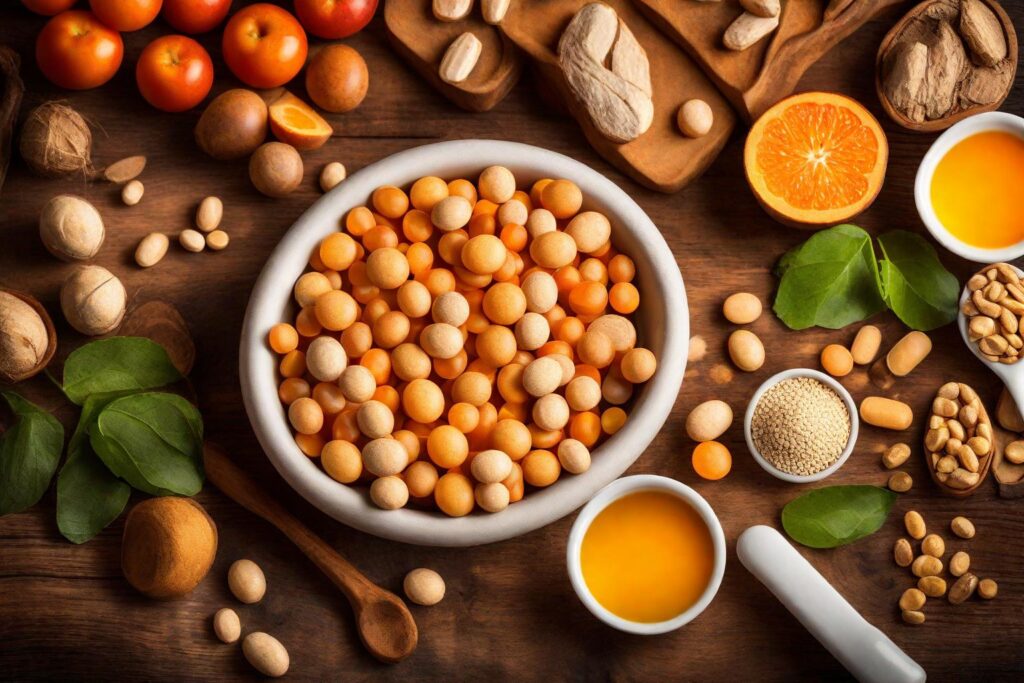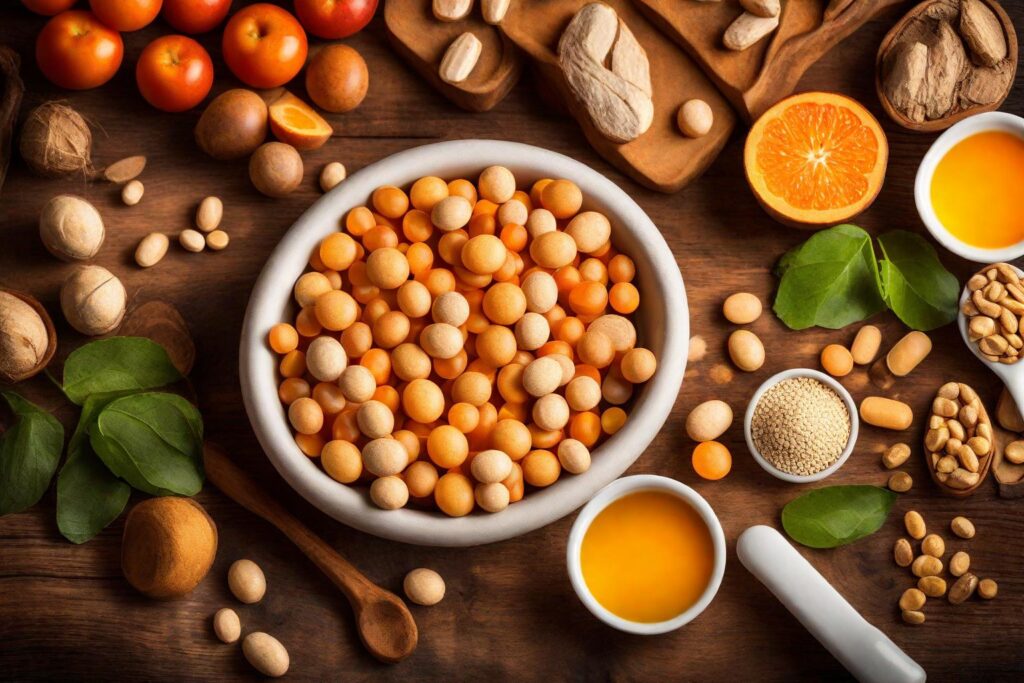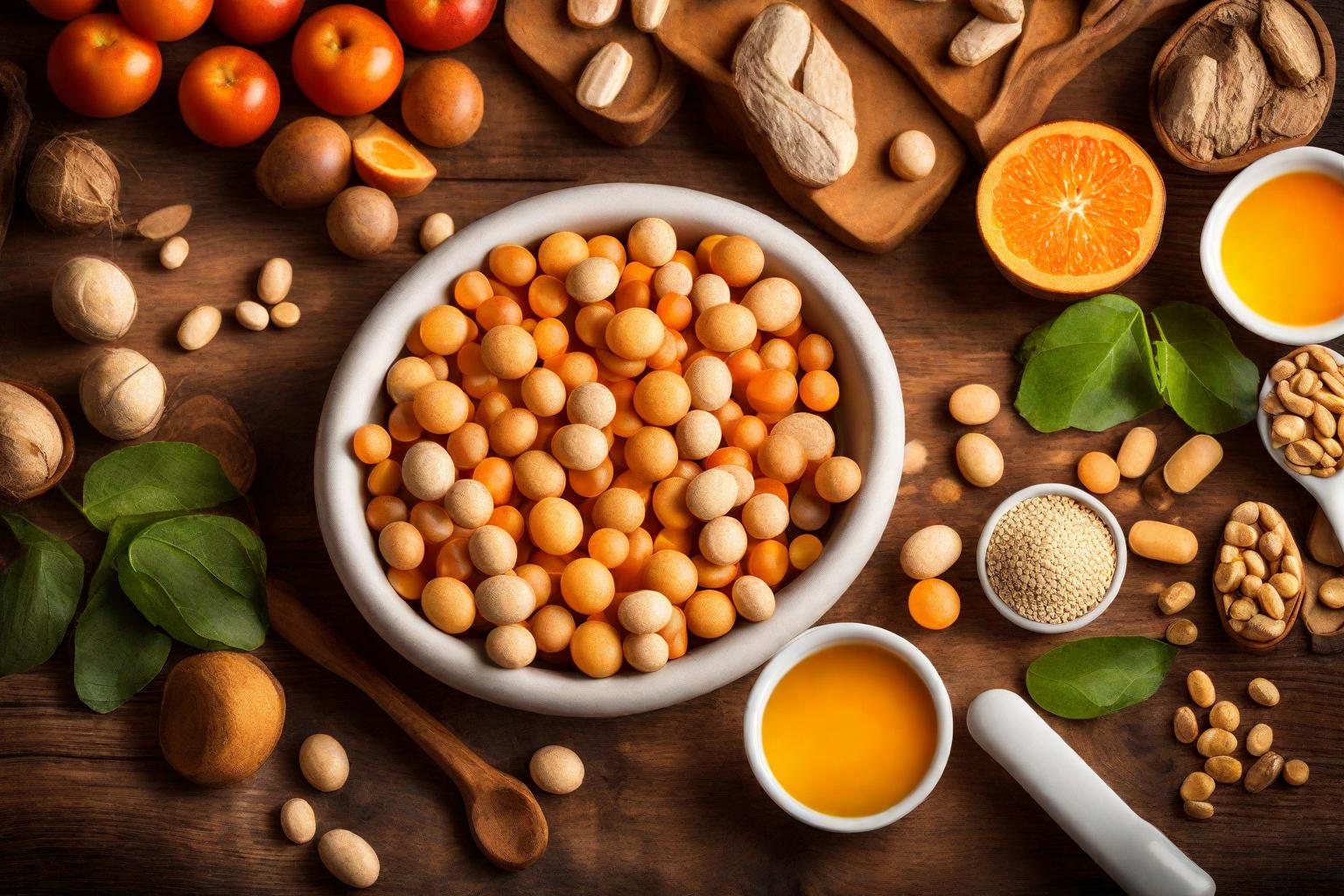Introduction

Vitamin D, a crucial nutrient for maintaining bone health and supporting immune function, comes primarily in two forms: D2 and D3. Today, we’re zooming in on Vitamin D2 – its importance, sources, and how to incorporate it effectively into your diet. If you’ve been pondering, “Which of the following is a good dietary source of Vitamin D2?”, this article is your go-to guide.
Table of Contents
Understanding Vitamin D2
Before delving into sources, let’s understand what Vitamin D2 is. Also known as ergocalciferol, Vitamin D2 is a form of Vitamin D predominantly found in plant-based sources and fortified foods. Unlike Vitamin D3, which is synthesized by the skin upon exposure to sunlight, D2 is obtained mainly through diet.
Which of the following is a good dietary source of vitamin d2?

- Mushrooms:The Plant-based Champion: Mushrooms are the standout plant-based source of Vitamin D2. When exposed to UV light, mushrooms like maitake, chanterelle, morel, and UV-exposed portobello can provide substantial amounts of D2.
Tip: Incorporate mushrooms into your diet through salads, stir-fries, or as a meat substitute in various dishes. - Fortified Foods:A Versatile Option: Many foods are fortified with Vitamin D2 to help meet dietary needs. These include certain cereals, plant-based milks (like almond, soy, and oat milk), and some types of bread.
Tip: Check food labels to ensure these items are fortified with Vitamin D2. - Supplements:Direct and Efficient: For those who struggle to get enough Vitamin D2 from food alone, supplements can be an effective solution. They come in various forms like tablets, capsules, and liquids.
Tip: Consult a healthcare professional before starting any supplement regimen. - Dietary Adjuncts:Enhance Your Intake: Certain foods, while not high in Vitamin D2 themselves, can enhance their absorption. Foods rich in magnesium and calcium, like leafy greens and dairy alternatives, can be helpful.
Tip: Combine these with your Vitamin D2 sources for better absorption.
Why is Vitamin D2 Important?
Vitamin D2 plays a pivotal role in calcium absorption, bone health, and the functioning of the immune system. Deficiencies can lead to issues like osteoporosis and a weakened immune response. While both D2 and D3 are important, focusing on D2 is particularly beneficial for vegetarians and vegans.
Conclusion
Understanding and incorporating good dietary sources of Vitamin D2 is essential for maintaining overall health, especially for those following plant-based diets. By including foods like UV-exposed mushrooms and fortified products, and considering supplements if necessary, you can ensure your Vitamin D2 intake supports your wellbeing.
Remember, always consult with a healthcare professional for dietary changes or supplement use, particularly if you have underlying health conditions or specific nutritional requirements. Stay healthy, stay informed!
FAQs
Can I get Vitamin D2 from sunlight?
No, Vitamin D2 is not produced by the skin. It must be obtained through diet or supplements.
Is Vitamin D2 as effective as D3?
While D3 is generally considered more effective in raising blood levels of Vitamin D, D2 is still a valuable source, especially for those on a plant-based diet.
How much Vitamin D2 do I need daily?
The recommended dietary allowance (RDA) varies based on age, gender, and other factors. It’s better to consult a healthcare provider for personalized advice.

